
So I wrote this book about training your mind to reprogram your body to be thin. It’s called The Four Day Win, and much to my delight, it seems to have helped some people lose weight and feel better about their lives in general. But I keep getting questions about this book; questions I never anticipated. My method of weight management is based on the fact that your body is an animal, and animals are trainable. You can train your body in much the same way you could train, say, a wild boar. Not that you in any way resemble a wild boar. I’m just saying.
Now, to train an animal, you ignore behaviors you don’t want, and reinforce behaviors you do. I learned this from Amy Sutherland’s wonderful book What Shamu Taught Me About Life, Love, and Marriage, which applies the techniques of exotic animal training to human behavior.
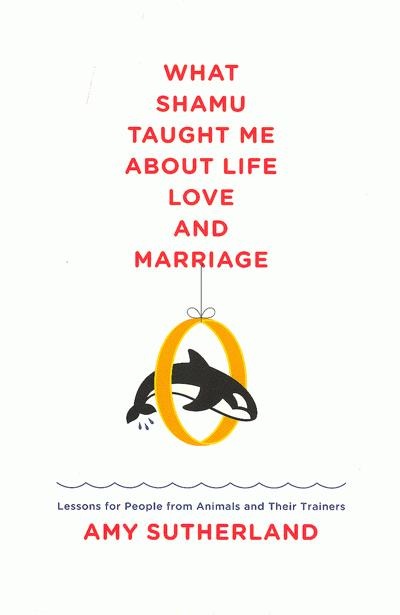

This book can help you train any animal, including yourself.
For example, if your dog howls annoyingly, don’t react at all. This response, or lack of response, is known as the LRS, or “least reinforcing scenario.” Offer praise or treats only when the dog is quiet. (You may have to be persistent. I did this for 15 years with my beagle, and now he has totally stopped howling, partly because, as noted in a previous blog, he is dead. So stick to it!) When an animal does something you like, such as administering acupuncture correctly, give him a reward: a pat on the head, a romp in the yard, a Lexus.
The same principle applies when training yourself to eat right, stay active, finish your email, or complete any other desirable behavior. Break the challenge into tiny steps, then take one step each day, following the step immediately with a reward of some kind. If you repeat the same behavior-plus-reward for four consecutive days, the behavior becomes a pattern, and you’ll be able to sustain it with very little effort.
A lot of my readers tell me that they’re great at setting objectives, and pretty good at following through. When it comes to the reward, however, they get stumped. Here’s the question most frequently asked by Four Day Win readers.
“How do I think of the right rewards and punishments to motivate myself?”
Response to FAQ, Part One:
First of all,
PUNISHMENTS? WHO SAID ANYTHING ABOUT PUNISHMENT? There’s nothing in any of my books that suggests anybody should punish anybody. Yet people seem to pick this up between the lines, particularly if they learned to read in Catholic school.

What do they teach you in there?
I mean no offense by this. I’m not saying you Catholics are rigid or prudish—in fact, I grew up in a religion that considered y’all to be wild-and-crazy libertines, with your alcoholic Communions and your fancy pope hats. I didn’t go to Catholic school, and I don’t know what you’re learning in there, but apparently it enables you to find the word “punishment” in any written document, including the instructions on microwave popcorn.
Admit it: if you went to Catholic school, right now you’re thinking about dozens of ways you could punish yourself with microwave popcorn. You see? This is exactly what I’m talking about.

Tragic popcorn self-punishment.
But back to my point. If you’re trying to adopt healthier habits in any way, ix-nay on the unishments-pay. Positive reinforcement is about 50 times as effective as punishment in sustaining patterns of behavior.
Response to FAQ, Part Two:
Once you’ve gotten over the need to punish yourself, how do you come up with motivating rewards?
It amazes me that most people can’t think of anything they really want or like. Occasionally when I’m running a seminar, I’ll ask a group of people what they’d like me to do for them. If it’s within my power to do it, I tell them, I will. But most people, even those who’ve sacrificed money and time to come hang out with me, can’t think of a single request. In fact, I think they’re actually paying me to tell them what they like. This is expensive and insane, and I’m so glad people keep doing it.
But there are easier ways. Check out books like these:
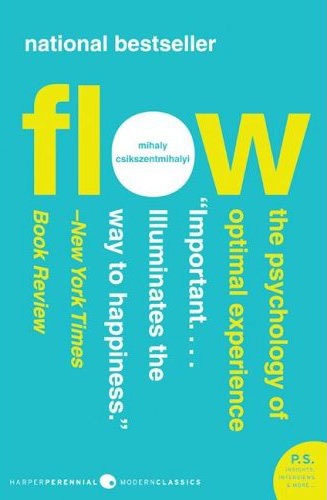
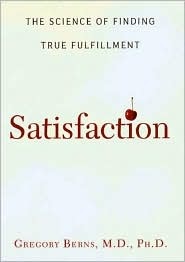
I think people have trouble rewarding themselves because they associate rewards with ease, with absolute lack of difficulty. They think the reward has to fall out of the sky, that actually, aggressively pursuing satisfaction is “too hard” to be rewarding. But brain research indicates that we reach a state of “flow,” or maximum positive brain stimulation (read Mihaly Csikszentmihaly or Gregory Berns) when we’re doing something difficult. Mountain climbers get a happy rush of dopamine while ascending a steep face. Crossworders get it from the Sunday Times-the hardest puzzle of the week. Mihaly Csikszentmihaly experienced it while trying to spell his own name. Counterintuitively, the most enjoyable things are difficult.

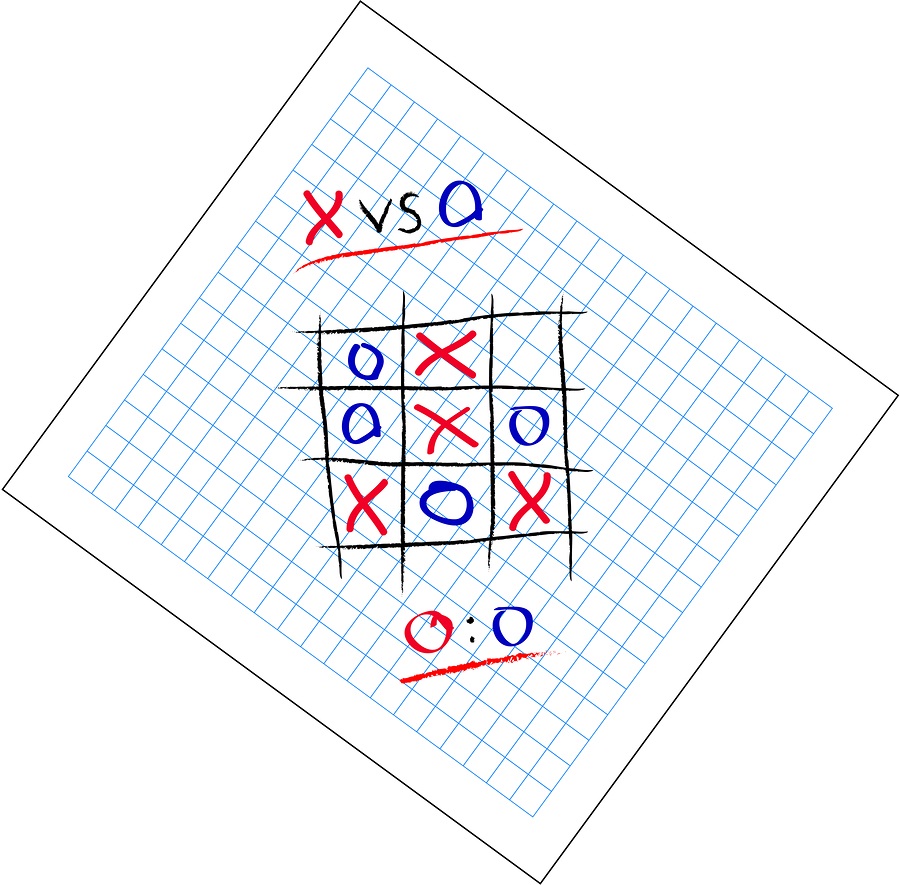
Strange but true: hard games are more rewarding than easy ones.
The Nothing-to-Something Barrier
There seems to be an initial resistance to the effort of doing things that, once we’ve begun, are highly rewarding. Getting over that initial resistance is the key to self-reward. I call this the “nothing-to-something barrier.”
I’ve found that no matter what I’m doing, going from absolute zero to some forward momentum requires daunting effort. I enjoy working out, but takes about 5 minutes in the gym, riding a stationary bicycle or dodging body-builders with ‘roid rage, before the enjoyment kicks in. Writing a first draft of anything, from an email to a book, is hellish; from there, editing and rewriting are almost easy. I could paint all day, but I don’t like setting up the easel and prepping the canvas. In all these areas and many more, I get past the nothing-to-something barrier by using a few mental tricks that temporarily boost my enthusiasm. Here are my favorite methods:
Getting from Nothing to Something
Method 1: Expose Yourself to Role Models
No, I don’t mean that way. Let us pause while those of you who went to Catholic school punish yourselves, immediately and protractedly, for even thinking such thoughts.
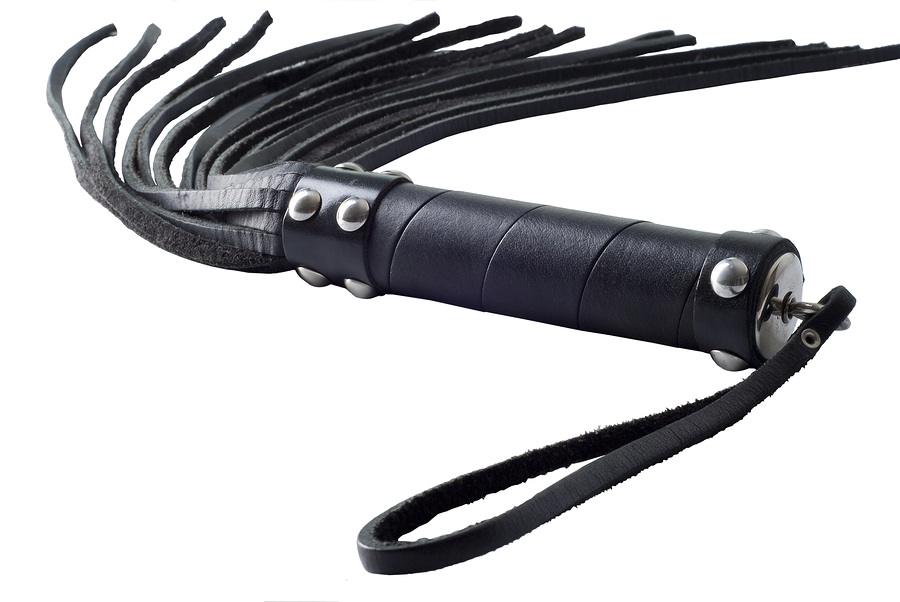
At your service!
Thank you.
What I mean by “expose yourself to role models” is that you can get through the nothing-to-something barrier by focusing attention on people who are already doing something you enjoy. For example, reading fitness magazines makes me much more likely to work out. Reading books and articles by authors I love makes me want to write. Visiting art galleries makes me want to paint. The energy created by other people can heave me right over the nothing-to-something barrier into the enjoyment zone.
Method 2: Make Foolish Promises
Hiking the Grand Canyon is difficult. Promising your outdoorsy friends that you’ll hike the Grand Canyon with them next summer is easy. Backing out of a promise is, once again, often difficult. For this reason, I encourage you to make ridiculous commitments that sound exciting at the time. Your first reaction should be, “Oh, yeah!” followed almost immediately by, “Oh, %$&*!”

Foolish promise fulfillment
For example, yesterday I promised two friends that I’d go to Uganda with them next year, to see how well life-coaching works on people whose circumstances make most of my clients’ worst problems look like paradise. Also to see wild gorillas. Who knows–maybe the gorillas will want life coaching!
To me, this is a wonderful foolish promise. There’s no pressing demand for me to life coach in Uganda, and it’ll take all kinds of preparation, money, and inconvenience. Because it’s in keeping with my heart’s desires, every foolish step will be tinged with excitement. Every time I get past the nothing-to-something barrier (because I promised my damn friends I would) I’ll feel rewarded by the process.

A gorilla and her life coach.
So today, promise someone—preferably several someones—that you’ll join them in doing something you want to do anyway. Start a book club and read all of Tolstoy. Learn Zen archery. Grow an herb garden. You may feel grumpy about it, but only until your promise pulls you over the nothing-to-something barrier. Once in action, you’ll find the effort more rewarding than total lethargy.
Method 3: Ask WWOWDWOW?
You know that dream you had, in which Jesus and Buddha and Mohammed and Rabbi Hillel all descended from the clouds and promised you that Oprah was destined to transform your life into a nonstop adventure filled with delights you previously experienced only when you took an overdose of Percoset after your gum surgery?

Well, I hate to break this to you, but everyone in the world has had that dream. Except for one person, of course: Oprah. She, poor woman, is the only person who can’t fantasize about what would happen if she showed up. When she wonders what Oprah could do for her, her only option for wish fulfillment is to rear up on her hind legs and do it.
If you’ve been waiting for the Oprah gravy train, try wearing a bracelet that says WWOWDWOW, for “What Would Oprah Winfrey Do (Without Oprah Winfrey)? In other words, if Oprah woke up in the life you’re living right now, what would she do to make that life better?

Fill in the blank.
For you Catholics (who seem to be the particular target of this blog) it might help to recall that Pope John Paul I struggled with a similar issue. After he’d ascended to the papacy, he’d wake up worrying about some problem facing the church, and think, “I’ll have to ask the pope about it.” Then he’d wake up a little more and realize, “Oh, my goodness, I am the pope!” If you’re the Oprah, the pope, the hero of your own life, the buck stops with you. All the fancy hats in the world can’t save you from the responsibility to work your own miracles.
Seriously, right now imagine what your most revered role model would do in your wildest fantasies. Write it all down—the places you’d go, the great things you’d accomplish, the experiences you’d have. Piggyback on this role-model fantasy to gather enough excitement to propel you over the nothing-to-something barrier.

What if you were the one in the fancy hat?
Something to Something Better
Once you cross the nothing-to-something barrier, you’ll get better and better at thinking up rewards for your meritorious behavior. You’ll develop a whole armament of TV shows, books, hobbies, friendly outings, and interesting adventures, any one of which can motivate you to take the next turtle step on your quest for self-improvement.
Like anything else, thinking up rewards is a skill that gets easier with practice. Getting from nothing to something: difficult. Getting from something (anything!) to something better: easy. And every fabulous life is build from nothing, to something, to something a tiny bit bigger, then a tiny bit bigger still. If this method doesn’t work, you can always try punishing yourself. But you’ll have to find the instructions for that in somebody else’s blog.










27 comments
AT 7:49 AM
AT 7:50 AM
AT 12:17 PM
AT 12:49 PM
AT 1:00 PM
AT 1:00 PM
AT 1:28 AM
AT 11:38 AM
AT 7:45 PM
AT 12:08 PM
AT 6:27 AM
AT 6:51 PM
AT 8:39 AM
AT 4:18 PM
AT 4:23 PM
AT 9:08 AM
AT 8:39 AM
AT 2:52 PM
AT 7:34 AM
AT 11:14 AM
AT 10:52 AM
AT 11:52 AM
AT 2:59 AM
AT 9:57 AM
AT 4:17 PM
AT 8:37 AM
AT 11:08 AM